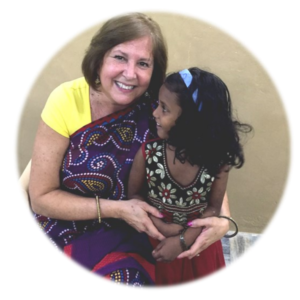 My life reached a turning point one Sunday in 2007 when the Munyakuri family walked into New Hope Church (Rochester, NY). I was clueless at the time, but a new chapter in my life had begun. When these new immigrants from Africa called me “Pastor,” I was honored.
My life reached a turning point one Sunday in 2007 when the Munyakuri family walked into New Hope Church (Rochester, NY). I was clueless at the time, but a new chapter in my life had begun. When these new immigrants from Africa called me “Pastor,” I was honored.
When they called me “Mother,” I was perplexed! Their membership in the household of faith was a primary reality for them, not just a metaphor. Belonging to the family of God was central to their identity and has become central to mine, as they and thousands more from 37 countries have inducted me into a new way of seeing the world. Why 37?
Since 2008 I’ve visited 30 countries where ICCM children live and seven sponsoring countries. I’m beginning my 10th year of local-global living, straddling the income and development gap and recognizing sisters and brothers for who they are: family. I’ve joined heart and hands with people who care passionately about children and give their lives to develop the little ones. Some work in places where helping children grow physically, spiritually, mentally and socially is done at great personal risk.
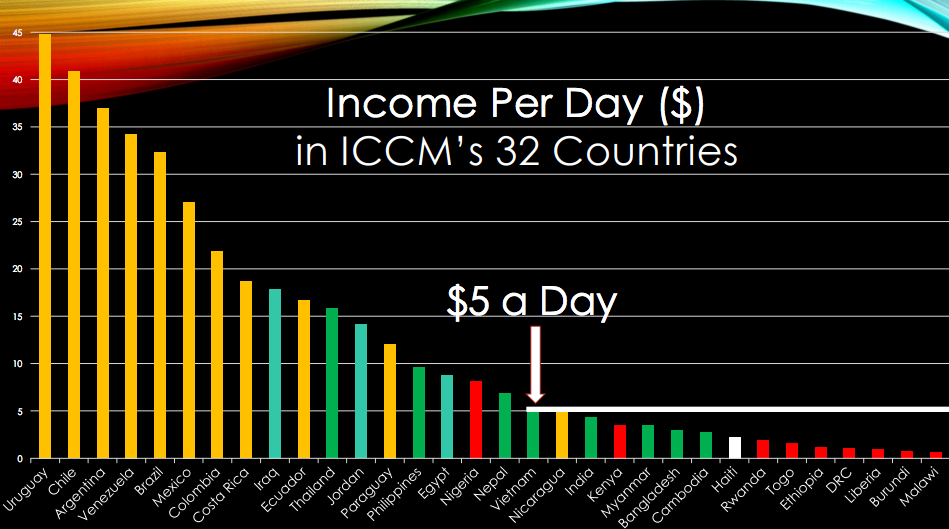
I recently met with leaders who are regularly interrogated by authorities who oppose our Christian faith and do everything in their power to thwart our ministry to children. Yet these leaders persist in giving children life-transforming opportunities for education and holistic growth.
These people are now my beloved teachers. What have I learned in the past 10 years? Too much to fully include here! But a few themes rise to the forefront:
Tribalism
This world is riddled with strife and conflict among people groups. Cultures are often structured in rigid hierarchies, with dominant groups and marginalized ones. And yet, the Kingdom of God includes and unifies people from every nation, tribe, people and language (see Revelation 7:9). Our oneness must overcome our divisions!
Gendercide
I had no reference point for the level of discrimination against women and girls in this world. My grief at the practice of eliminating daughters either in the womb or immediately after birth, simply because of their gender, is indescribable. Our Creator gives the image of God to both male and female (see Genesis 1:27); together, we reflect the totality of who God is. Seeing girls welcomed into the joy of learning, alongside their brothers, brings deep satisfaction and sets in motion generational change.
Child Trafficking
As ugly as it is, we cannot turn away from the enormous evil of slavery in our world today. More than ever before in human history, men, and women, boys and girls are being sold into lives of exploitation and desperation. Yet our Lord said His mission included “setting the captives free” (see Luke 4:19). We can do no less. ICCM’s preventative measures express the reality, “an ounce of prevention is worth a pound of cure.”
Local Transformation
As grateful as I am for aid and strategic interventions by governments and non-governmental organizations (NGO’s), I’m more convinced than ever that transformation takes place in local contexts. As we dream of a world where every child is loved, safe and developing their God-given potential, that dream takes place in a thousand grassroots settings. Adults in the sponsored child’s world are the ones who know her by name, teach him day in and day out and share life in the community. Love is local. We can support from a distance, but the most important realities in the child’s life are mediated by godly men and women whose example and instruction make the most difference. As director of ICCM, it is my great privilege and deep honor to invest in these leaders, resourcing them with both finances and organizational knowledge. Together, we can see children whose learning curve is already steep, growing to be all God envisions them to be!
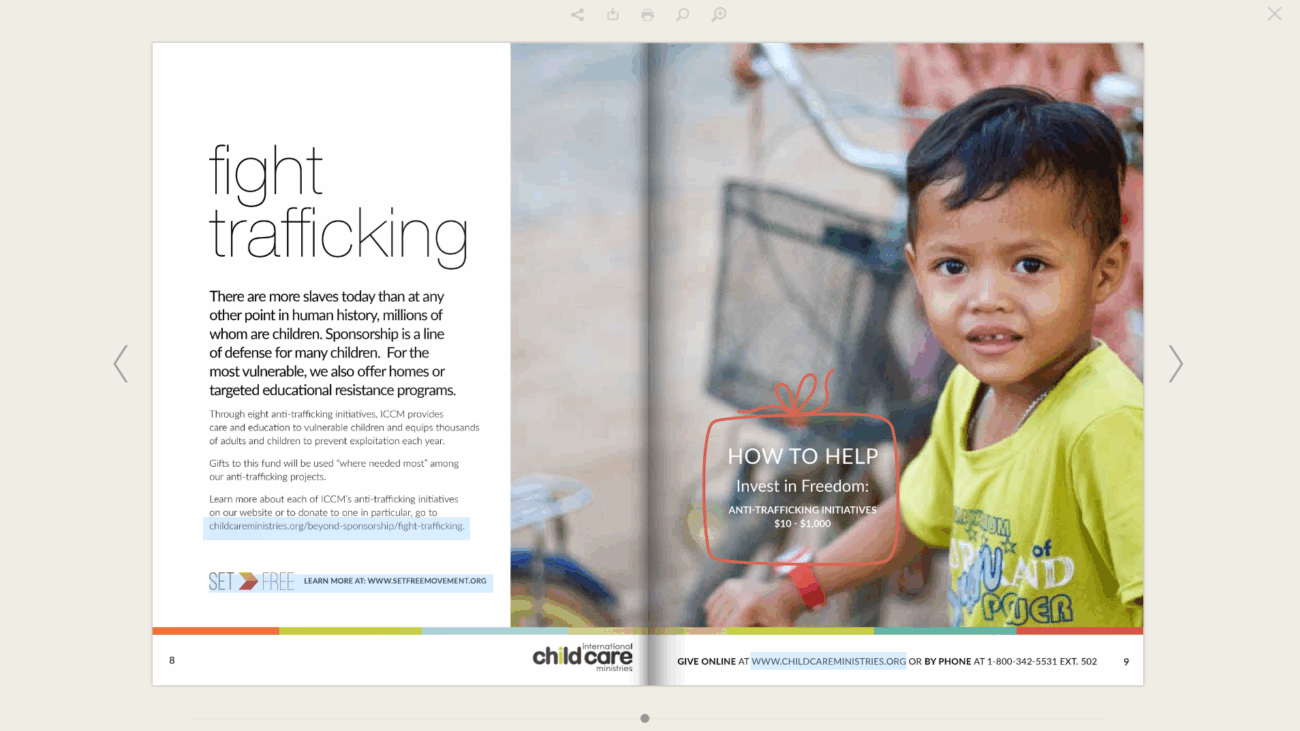
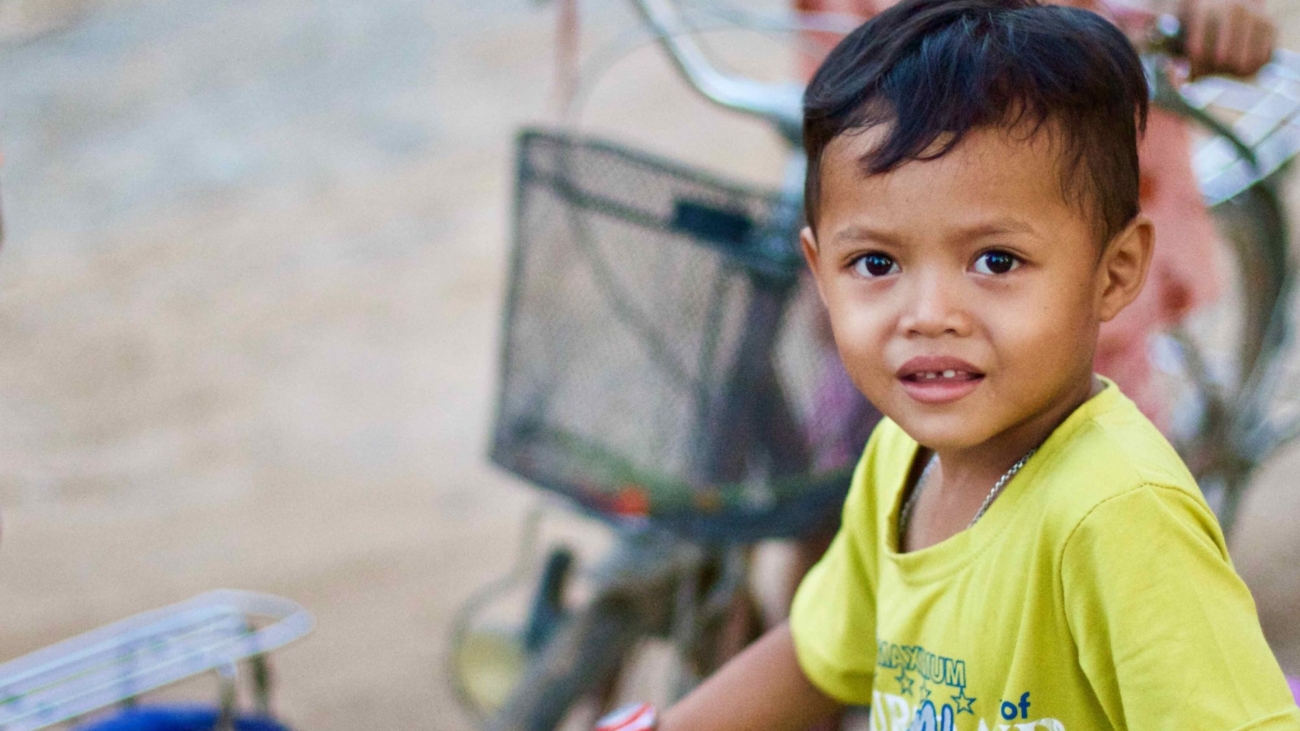
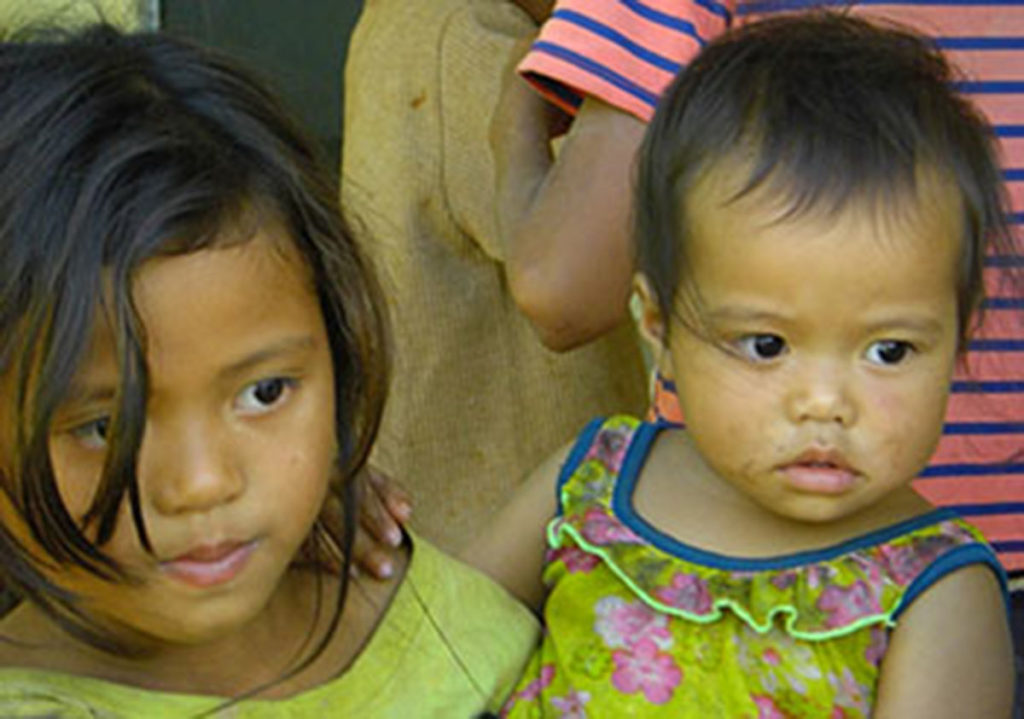 Cambodia (CMB) is a source, transit and destination country for human trafficking. The traffickers have reportedly organized crime syndicates, parents, relatives, friends, intimate partners, and neighbors. Despite human trafficking being a crime in Cambodia, the country has a significant child sex tourism problem. Some children are sold by their parents, while others are lured into what they think are legitimate job offers. Children are often held captive, beaten and starved to force them into prostitution.
Cambodia (CMB) is a source, transit and destination country for human trafficking. The traffickers have reportedly organized crime syndicates, parents, relatives, friends, intimate partners, and neighbors. Despite human trafficking being a crime in Cambodia, the country has a significant child sex tourism problem. Some children are sold by their parents, while others are lured into what they think are legitimate job offers. Children are often held captive, beaten and starved to force them into prostitution.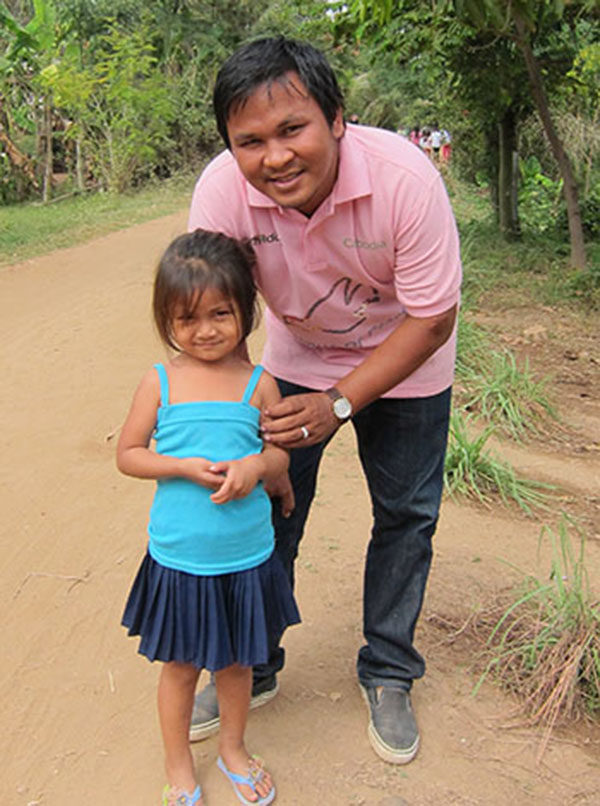 The ICCM Cambodia Child Protection Plan states:
The ICCM Cambodia Child Protection Plan states: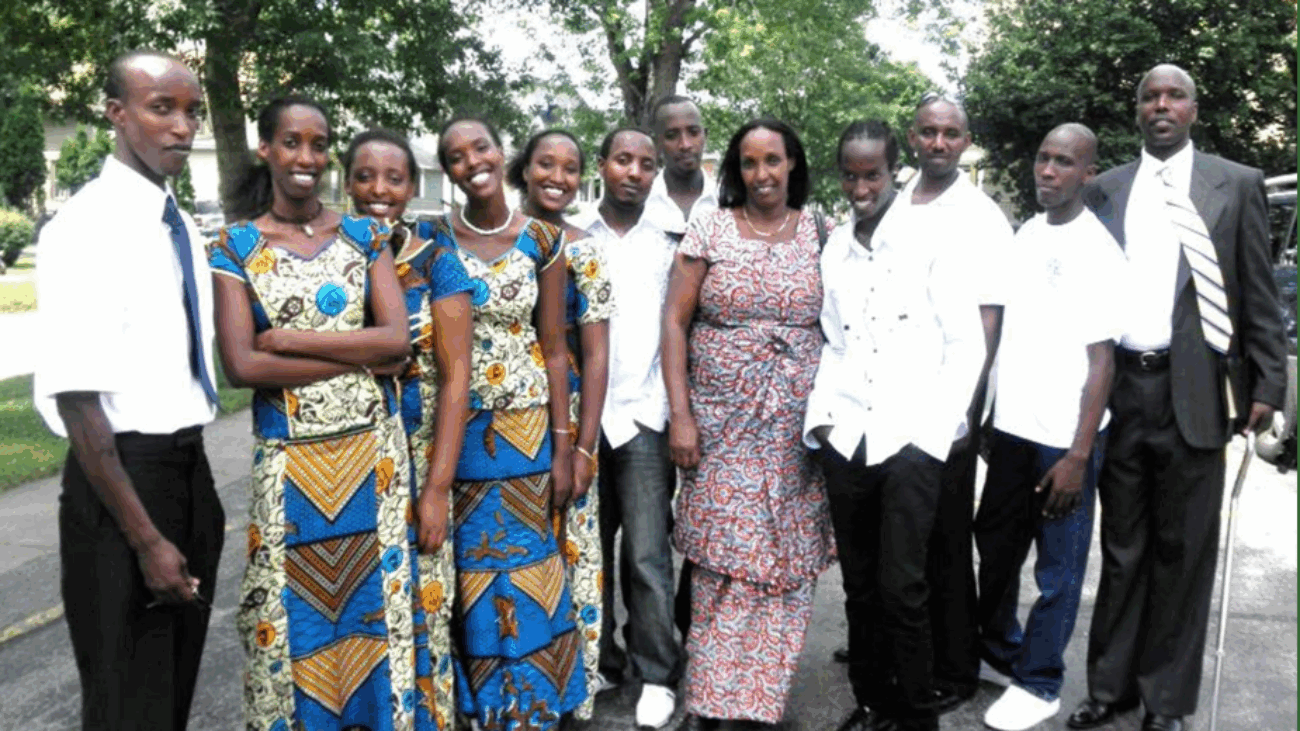
 My life reached a turning point one Sunday in 2007 when the Munyakuri family walked into New Hope Church (Rochester, NY). I was clueless at the time, but a new chapter in my life had begun. When these new immigrants from Africa called me “Pastor,” I was honored.
My life reached a turning point one Sunday in 2007 when the Munyakuri family walked into New Hope Church (Rochester, NY). I was clueless at the time, but a new chapter in my life had begun. When these new immigrants from Africa called me “Pastor,” I was honored.
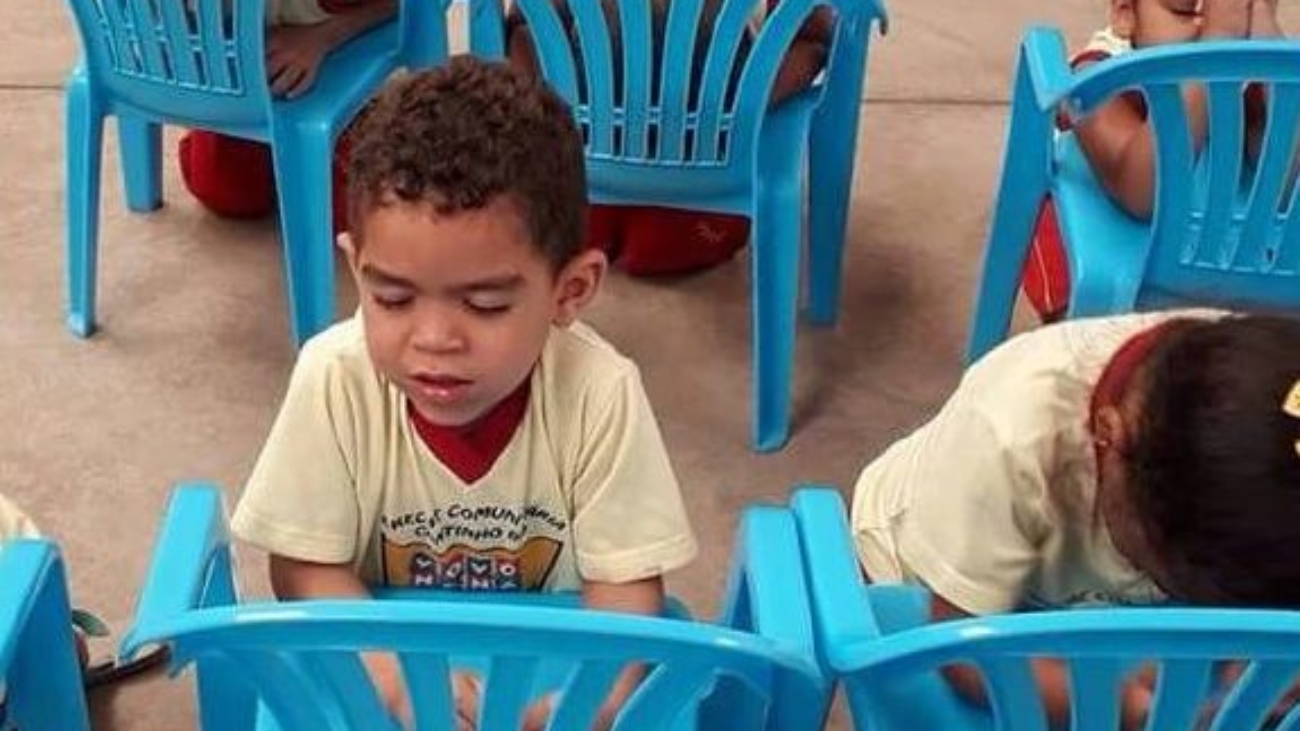
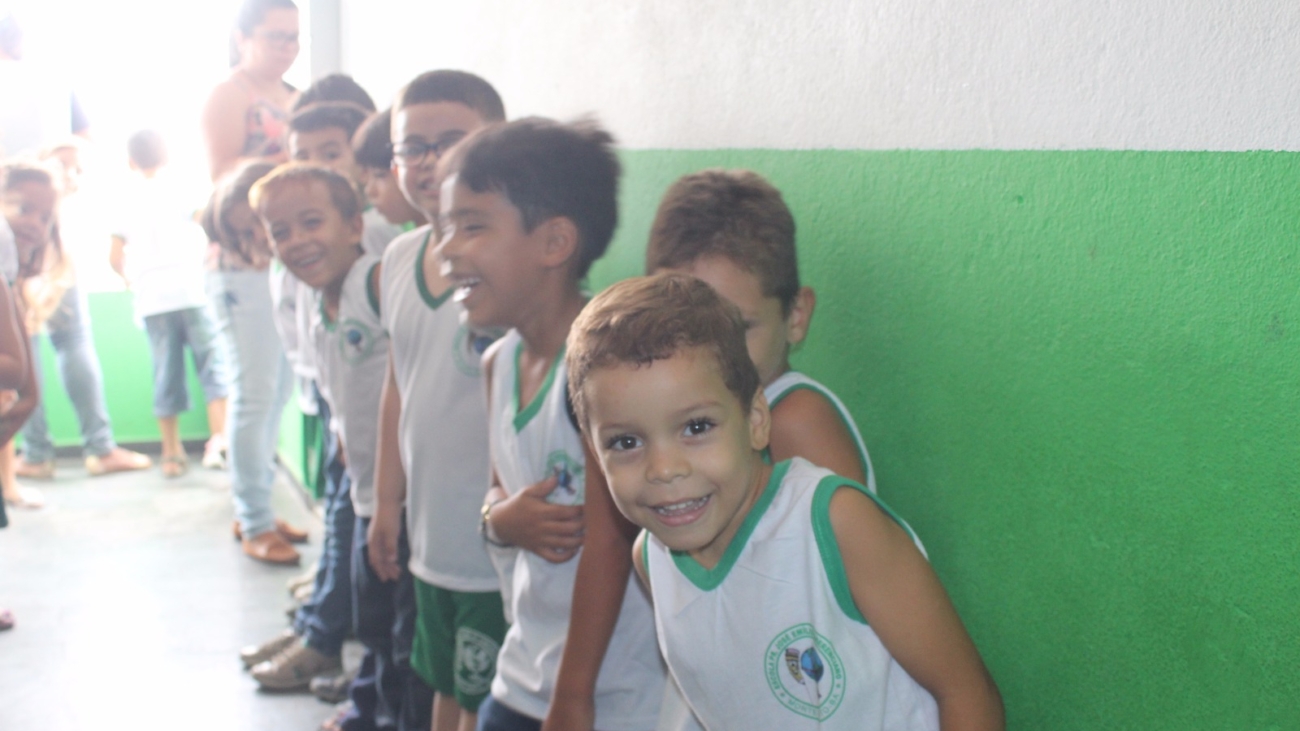
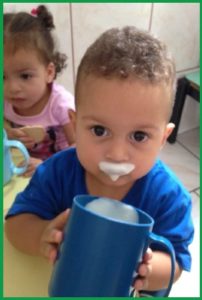 I spent two days at Todo Mundo Feliz (Everyone’s Happy) in late August. This top-notch child development center was started by the Mirandopolis Free Methodist Church in São Paulo, Brazil. It was deliberately established right on the edge of a slum area where drug traffickers are the law. Todo Mundo Feliz (TMF) was begun in 2002. It later gained funding through the local municipality of Santo André and now also has a partnership with ICCM as a Connected Community with Cape Coral Community Church (FL). At the time of my visit, 151 children were enrolled, not a few of whose parents are involved with drugs. Younger children spend the whole day at TMF. Older children spend half a day, and the other half attending public school.
I spent two days at Todo Mundo Feliz (Everyone’s Happy) in late August. This top-notch child development center was started by the Mirandopolis Free Methodist Church in São Paulo, Brazil. It was deliberately established right on the edge of a slum area where drug traffickers are the law. Todo Mundo Feliz (TMF) was begun in 2002. It later gained funding through the local municipality of Santo André and now also has a partnership with ICCM as a Connected Community with Cape Coral Community Church (FL). At the time of my visit, 151 children were enrolled, not a few of whose parents are involved with drugs. Younger children spend the whole day at TMF. Older children spend half a day, and the other half attending public school.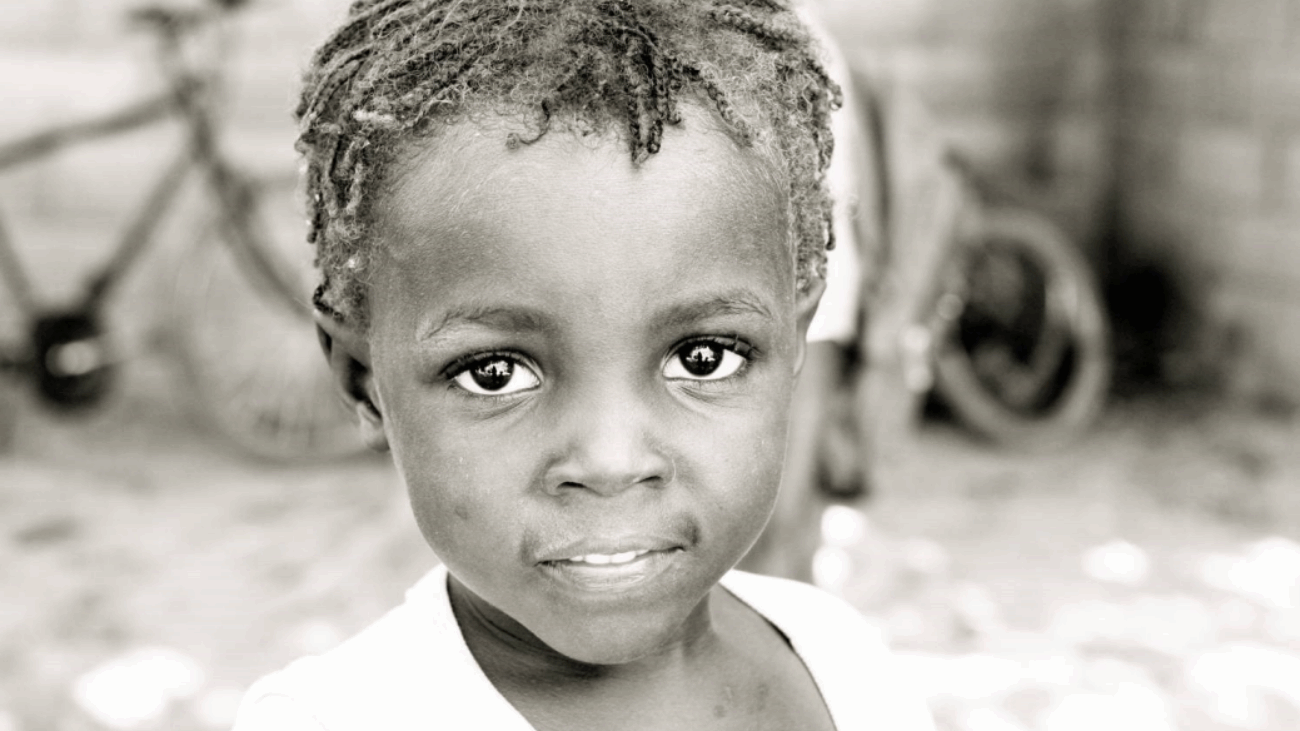
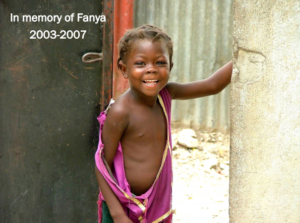 Missionary Jeannie Acheson-Munos was an advocate for these children until her death in the 2010 Haiti earthquake. A young girl named Fanya had stolen Jeannie’s heart. Jeannie did everything in her power to set Fanya free from her owners, without success. In 2007, Fanya burned to death while tending a charcoal fire. She was only one child living in restavek, but her death compelled Jeannie to help others in restavek. ICCM’s anti-trafficking project for 2017 is to partner with “Restavek Freedom,” a Haitian organization aiming to end restavek in our lifetime.
Missionary Jeannie Acheson-Munos was an advocate for these children until her death in the 2010 Haiti earthquake. A young girl named Fanya had stolen Jeannie’s heart. Jeannie did everything in her power to set Fanya free from her owners, without success. In 2007, Fanya burned to death while tending a charcoal fire. She was only one child living in restavek, but her death compelled Jeannie to help others in restavek. ICCM’s anti-trafficking project for 2017 is to partner with “Restavek Freedom,” a Haitian organization aiming to end restavek in our lifetime.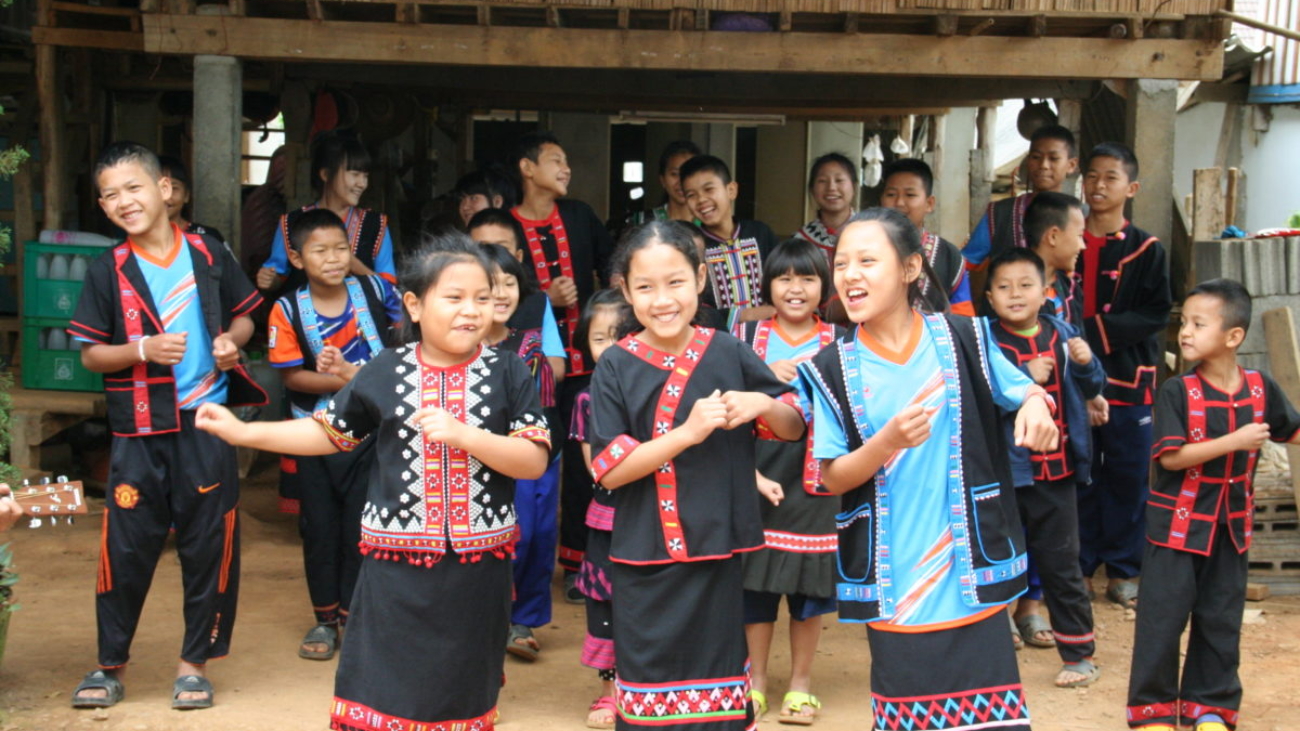
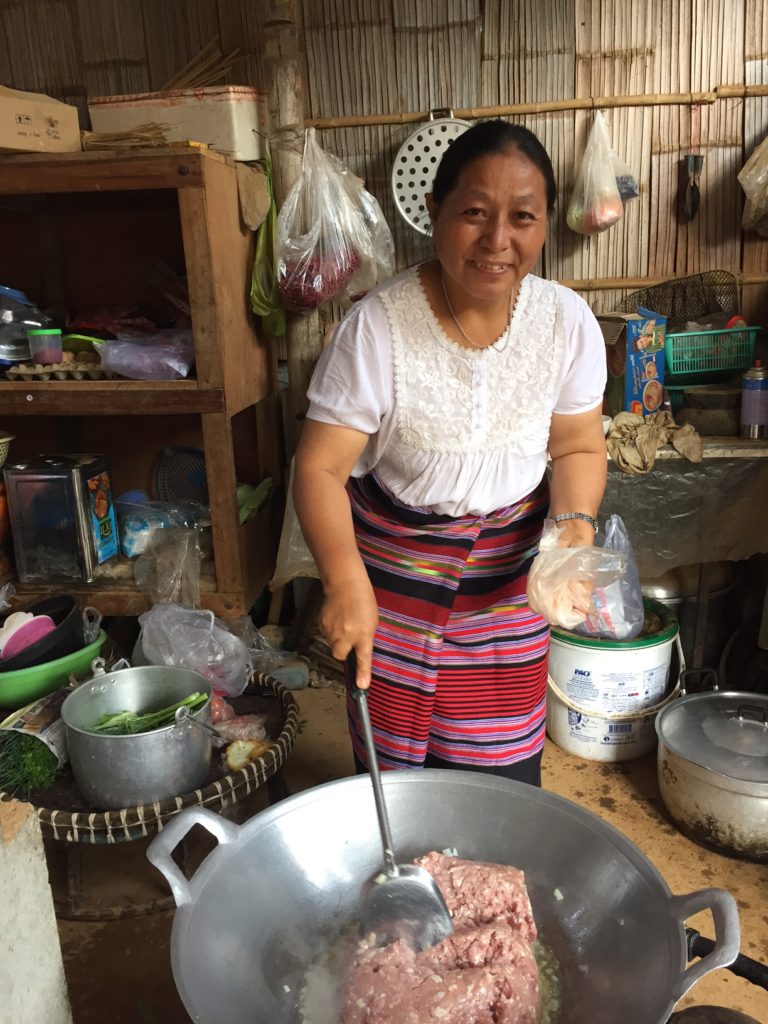 This was my first visit to meet the children and get better acquainted with the house parents, Pastor Anan and Nanci. I was accompanied by Belle Villanueva, ICCM Regional Coordinator for Southeast Asia, and Americans Corey and Connie Persing, who live and work in Thailand.
This was my first visit to meet the children and get better acquainted with the house parents, Pastor Anan and Nanci. I was accompanied by Belle Villanueva, ICCM Regional Coordinator for Southeast Asia, and Americans Corey and Connie Persing, who live and work in Thailand.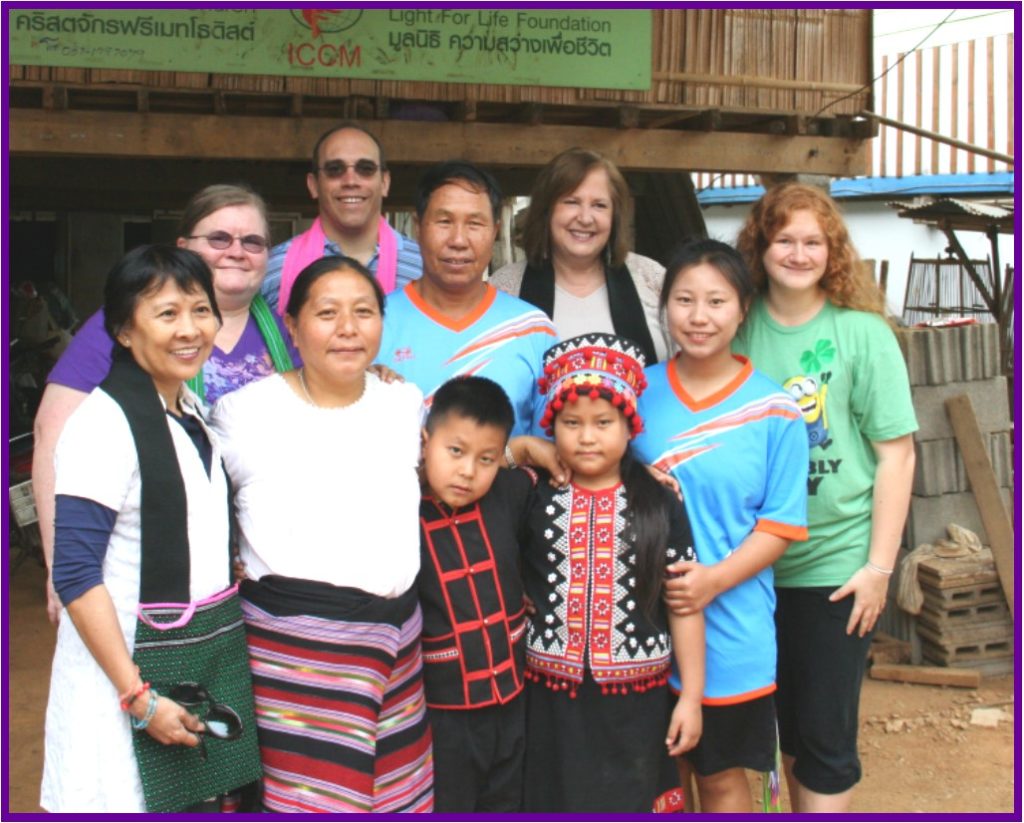
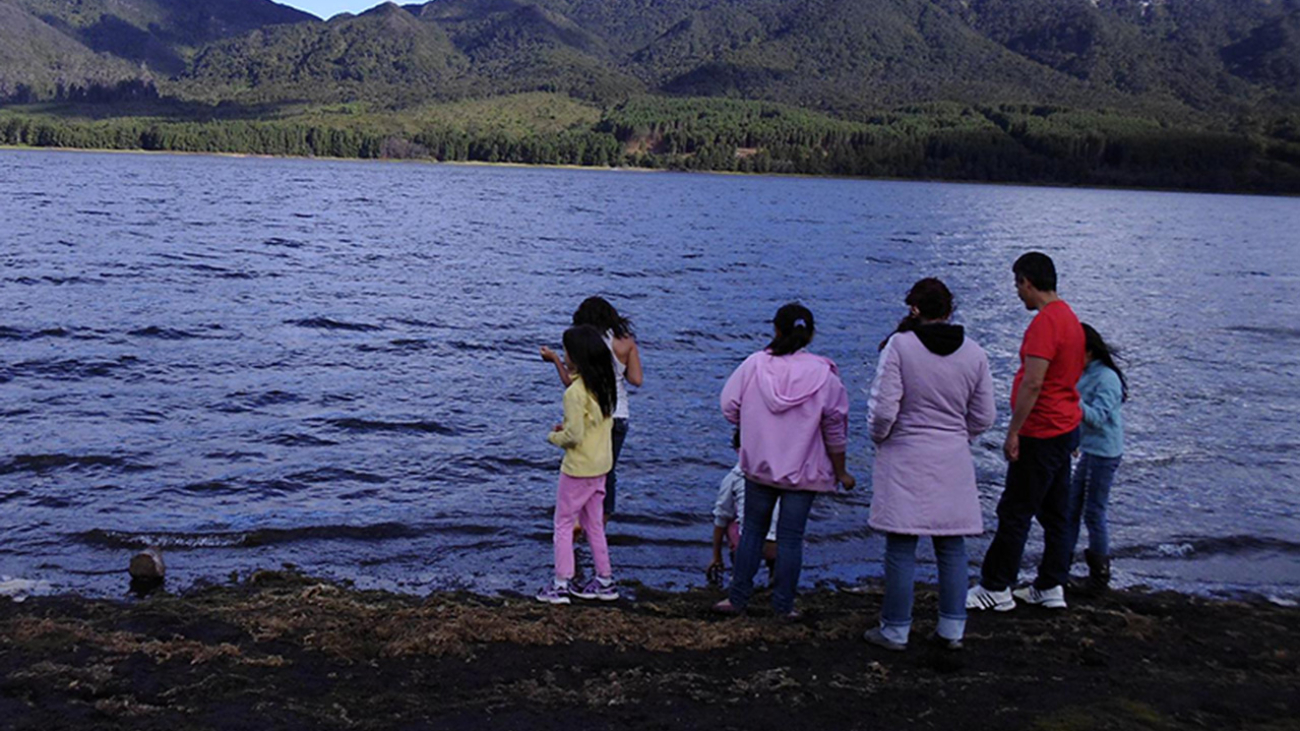
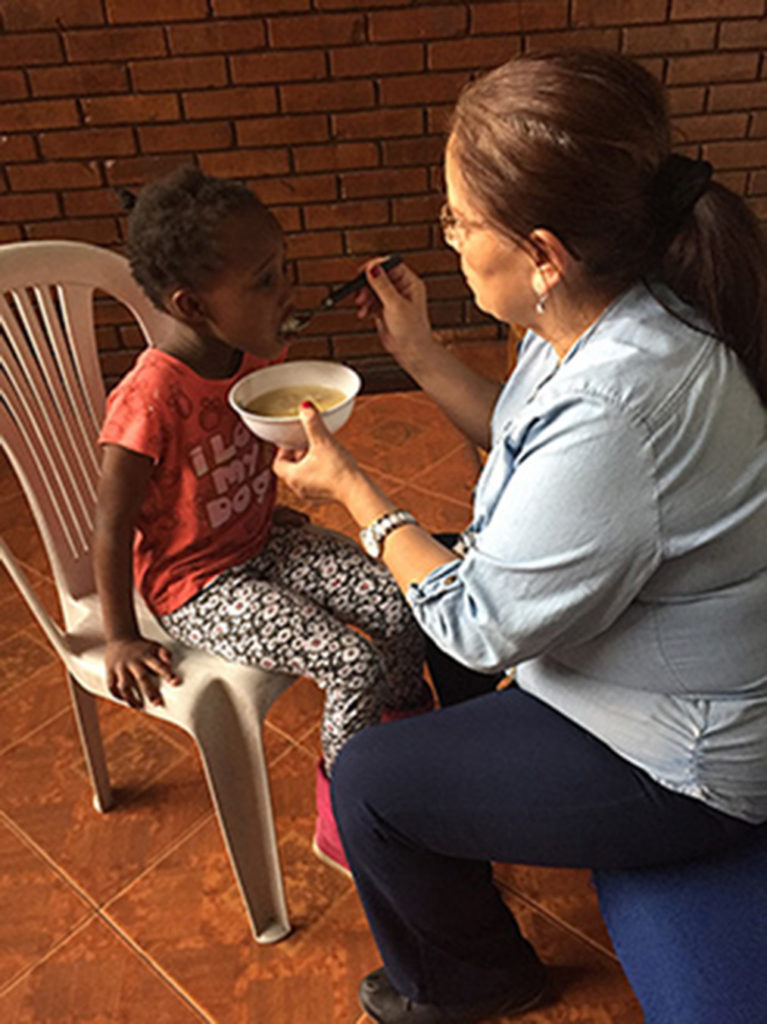
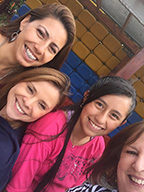
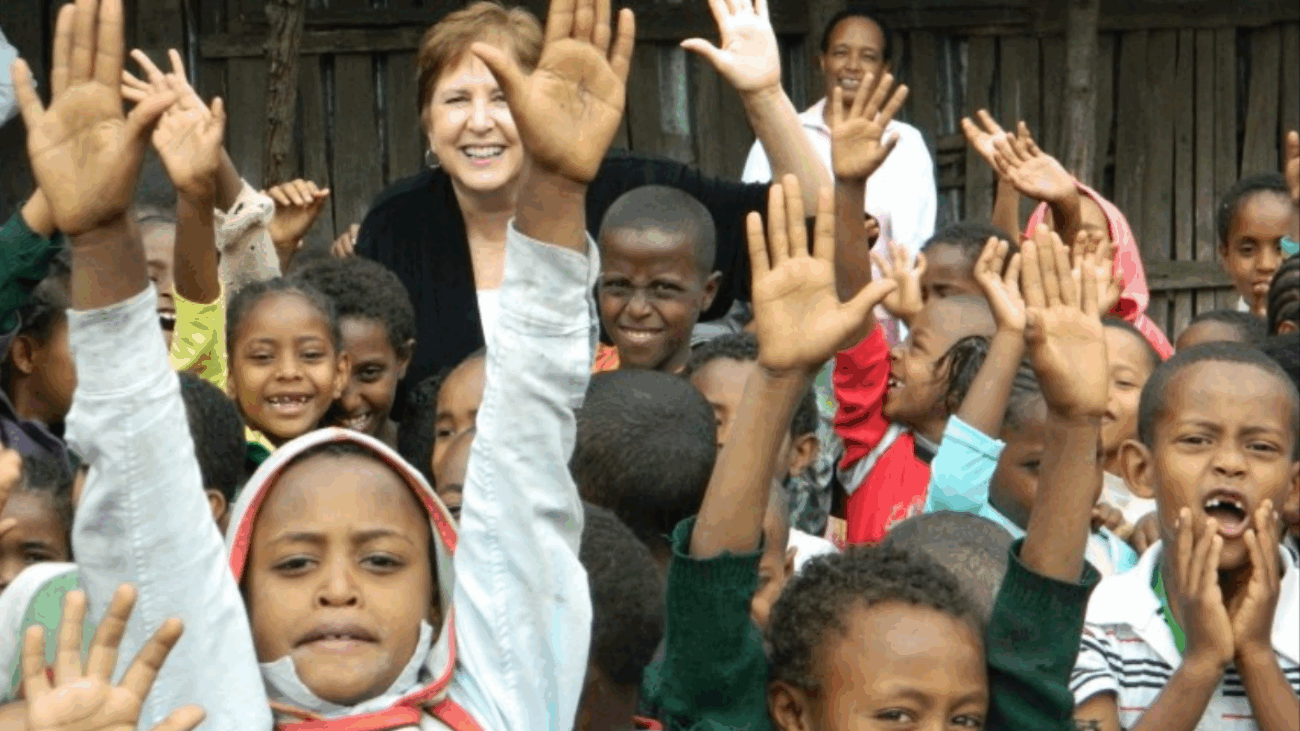
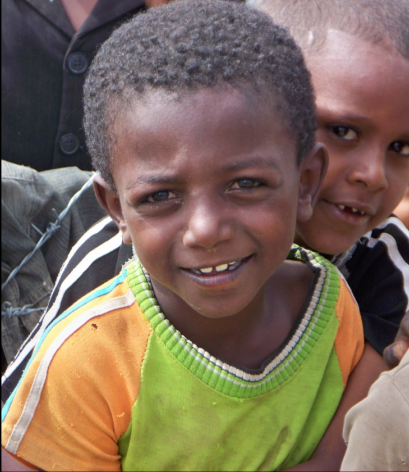 Child slavery is big business in Ethiopia, where almost 400,000 people, mostly women, and children, are held against their will and forced to work in ways they do not choose, for no pay or extremely low pay. Often children or teens from impoverished rural areas go to the city to find work but end up being tricked or lured into forced labor.
Child slavery is big business in Ethiopia, where almost 400,000 people, mostly women, and children, are held against their will and forced to work in ways they do not choose, for no pay or extremely low pay. Often children or teens from impoverished rural areas go to the city to find work but end up being tricked or lured into forced labor.